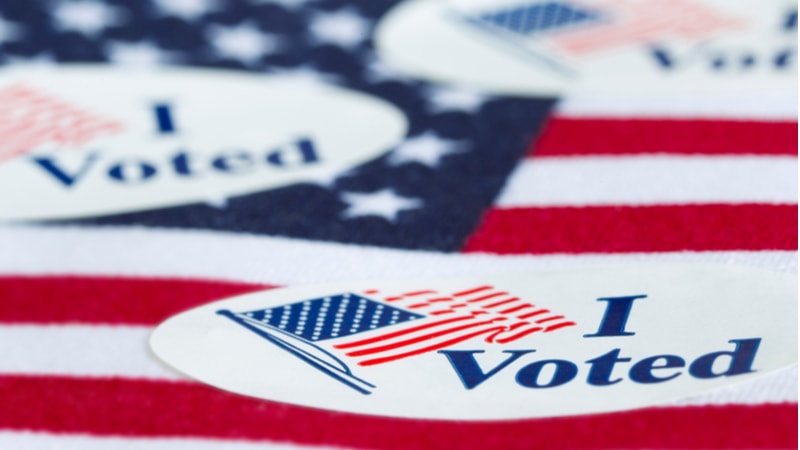
With the 2024 U.S. elections just six months away, top Federal intelligence and security officials warned lawmakers that America’s foreign adversaries will again seek to influence the upcoming elections by harnessing the latest innovations in artificial intelligence (AI) technology.
Director of National Intelligence (DNI) Avril Haines told lawmakers on Wednesday at a Senate Intelligence Committee hearing that Federal, state, and local election officials will face increasing threats from foreign adversaries who are emboldened in their approaches by the by rapid development of AI technologies.
According to Haines, “AI technologies that can create realistic ‘deepfakes’ targeting candidates” and the rise of commercial firms which foreign actors use to “launder their activities are enabling more sophisticated influence operations at larger scale that are harder to attribute.”
For example, during the current election cycle threat actors have used generative AI to try to damage specific campaigns and the underlying election process – such as by using a fake robocall campaign employing President Biden’s voice to discourage voting in New Hampshire’s primary in February.
But despite this increasing threat, Haines said the Federal government “has never been better prepared to protect elections.”
On the same day as Haines testimony, the Senate Rules Committee passed three bills to protect elections against deceptive AI. Additionally, a bipartisan group of senators unveiled a roadmap for how Congress should regulate AI tech.
Testifying alongside the DNI was Jen Easterly, director of the Cybersecurity and Infrastructure Security Agency (CISA). She echoed Haines’ themes and told lawmakers that the Federal government has worked closely with state and local election officials to ensure the 2024 election is the most secure ever.
According to Easterly, CISA “continues to provide guidance on the tactics used by adversaries” and continues to maintain and develop resources to protect and support state and local election officials, such as the ‘Rumor versus Reality’ website to combat false narratives.
“I have confidence in the integrity of our elections, and the American people should as well,” Easterly said. “[Our] election infrastructure has never been more secure.”
